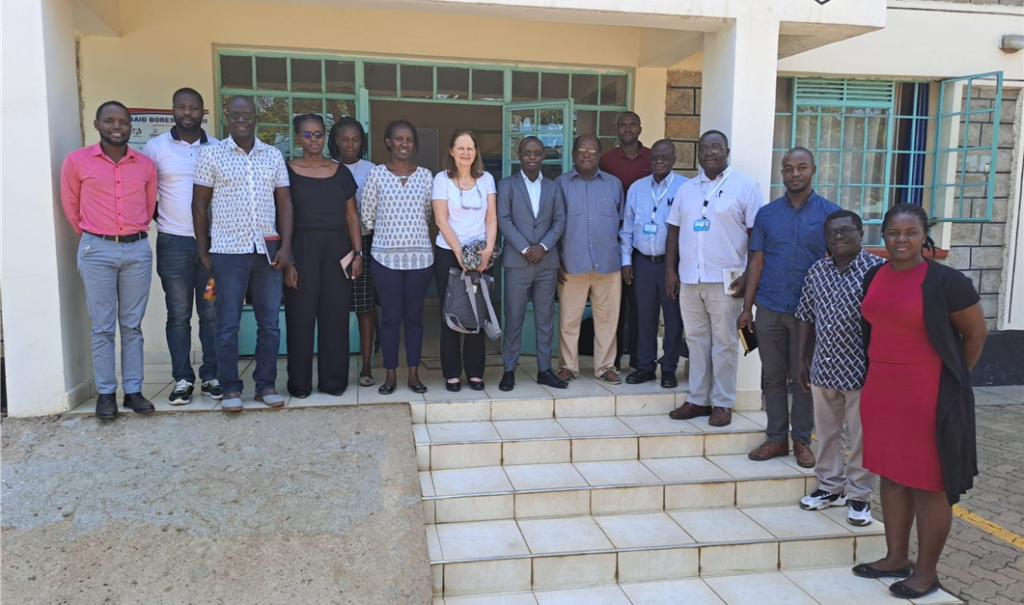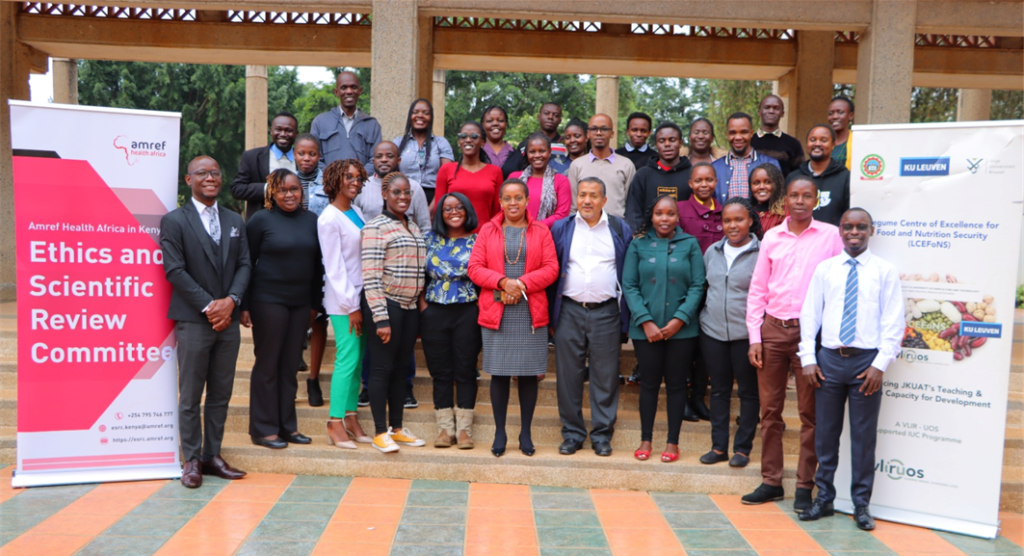Opinion: Enhancing Effective Implementation and Regulation of Clinical Trials in Kenya: Collaborative Synergy and Capacity Building
Clinical trials are pivotal in advancing medical knowledge and introducing innovative treatments to patients. In recent years, the number of clinical trials conducted in African countries, including Kenya, has seen a significant rise, particularly during the onset of the COVID-19 pandemic. As Kenya emerges as a prominent destination for such studies, it is essential to ensure that these trials uphold scientific rigor and adhere to ethical standards. This calls for a collaborative synergy among various actors to streamline the approval and implementation process, especially during public health emergencies.
The Need for Collaboration
Effective implementation of clinical trials relies on the collective efforts of multiple stakeholders, including investigators, study sponsors, Institutional Scientific and Ethics Review Committees (ISERCs), and regulatory authorities. This joint effort brings diverse expertise to the table, resulting in well-designed, scientifically rigorous, and ethically sound study protocols.
Ethical and Regulatory Compliance
Ethical considerations lie at the heart of every responsible clinical research endeavor. In Kenya, the National Commission for Science, Technology, and Innovations (NACOSTI) requires that all research studies involving human subjects undergo a rigorous ethics review and obtain approval before commencement. Additionally, investigators must obtain a research permit from NACOSTI, which is a critical step in upholding quality standards. The regulatory landscape for clinical studies in Kenya includes further steps, such as obtaining approval from the Pharmacy and Poisons Board. While these measures are essential for maintaining scientific and ethical rigor in research, it is acknowledged that the process can be perceived by investigators as bureaucratic, and at times, a hindrance to the progress of research, especially when lengthy or stringent requirements are involved.
To address these challenges and streamline the regulatory process, a collaborative approach is essential. Investigators must appreciate the significance of the regulatory process and recognize its role in ensuring the credibility and safety of clinical trials. Embracing open communication, cooperation, and a shared understanding of the study’s objectives between investigators, ISERCs, and regulatory authorities are key to overcoming any obstacles and expediting approvals, as it enables timely feedback and revisions, reducing delays in the initiation of trials. This efficiency is crucial, particularly when studying treatments for life-threatening conditions during a public health emergency, where time is of the essence. It is therefore essential for investigators to provide all the necessary information to regulatory authorities accurately and comprehensively through complete and well-documented submissions to facilitate a faster turnaround time for approvals. To achieve this, investigators need to stay abreast of the latest regulatory requirements and guidelines, to ensure that the research protocols developed are comprehensive and align with current standards and expectations.
Monitoring of Research Studies
To ensure the successful implementation of clinical studies, it is important for ISERCs to actively monitor the approved studies and ensure strict adherence to study protocols. Regular study monitoring by ISERCs is essential for understanding the operations and research procedures of the institution conducting the trial. This is also a sure way for ISERCs to gain a comprehensive understanding of the study’s execution and identifying any deviations from the original plan. This proactive approach allows ISERCs to address challenges promptly and collaboratively with researchers, fostering a culture of continuous improvement and strengthening the quality of future protocol submissions.
To carry out their oversight role effectively, ISERCs must remain actively engaged throughout the entire research journey. Regular communication with researchers and other stakeholders is essential to stay informed of the trial’s progress, any emerging challenges, and measures taken to address them. It is only through this ongoing collaboration that ISERCs can make informed decisions and offer timely support, enhancing the overall success of the clinical trial. This collaborative feedback loop not only ensures adherence to ethical standards but also contributes to the overall enhancement of research practices, as well as the credibility and validity of research outcomes, fostering public trust in the research process.

Capacity Building
Capacity building initiatives are essential for enhancing the quality of research studies in clinical trials by equipping researchers with vital skills and knowledge. Beyond providing guidelines for research, ISERCs and regulatory bodies need to engage in sensitizing researchers on these guidelines and best practices for ethical research conduct. Empowering researchers through capacity building will ensure a more extensive pool of competent personnel to support study implementation, reducing reliance on a few experienced individuals. Utilizing data from reports to identify key gaps, ISERCs and other regulators can conduct targeted capacity building sessions to address specific areas of improvement.

Streamlining Regulatory Processes
Consistency in ethical reviews is crucial, particularly for multi-site studies. This calls for standardization of ethical review processes and procedures among ISERCs to ensure uniform adherence to ethical considerations, reducing delays and enhancing the credibility of clinical trials. Implementing reliance agreements between ISERCs can also significantly impact efficiency by avoiding redundant reviews. However, their full utilization has not been consistent, leading to implementation delays, particularly for students. Streamlining the process could eliminate the need for a second round of review by other institutions with Institutional Review Boards (IRBs), further expediting trial approvals.
Fortunately, in efforts to improve efficiency in submission, review and approval of research, the regulatory landscape in Kenya is evolving to embrace digital platforms, which offer significant advantages in the submission and review of applications. Initiatives such as the NACOSTI online portal for obtaining research permits, the Amref Health Africa Ethics and Scientific Review Committee portal, launched in June 2022, and PPB portal are noteworthy examples. Utilizing these platforms streamlines the review process, reducing paperwork, and associated costs and time inefficiencies.

